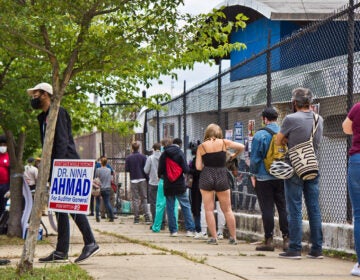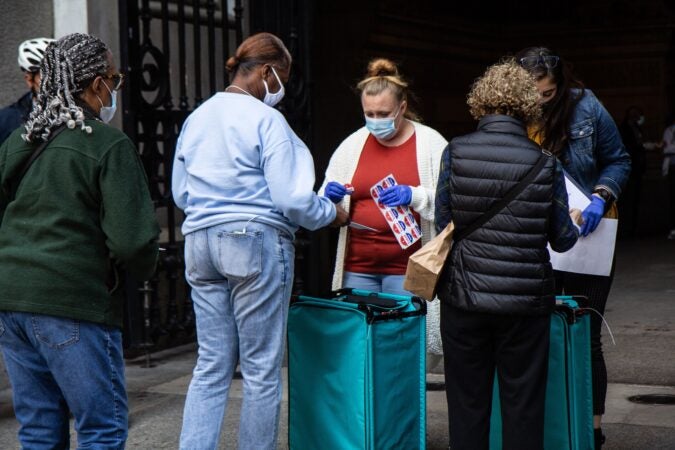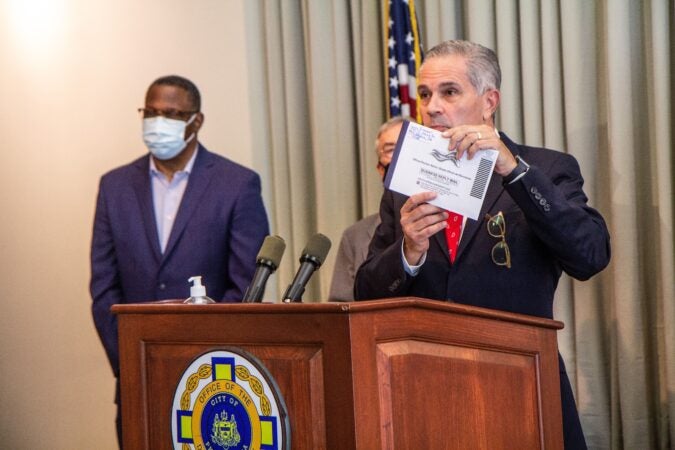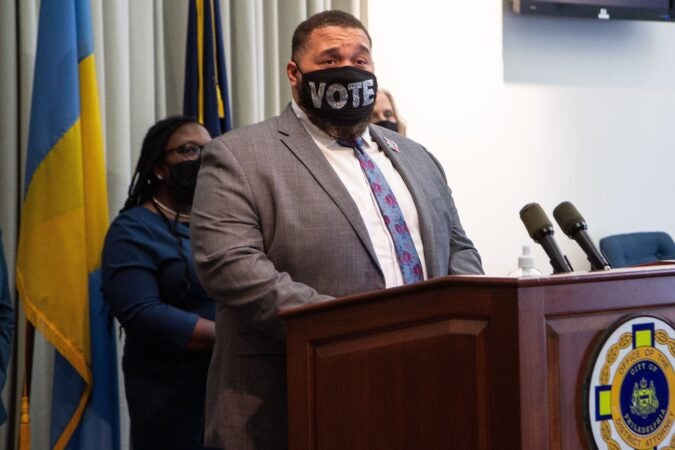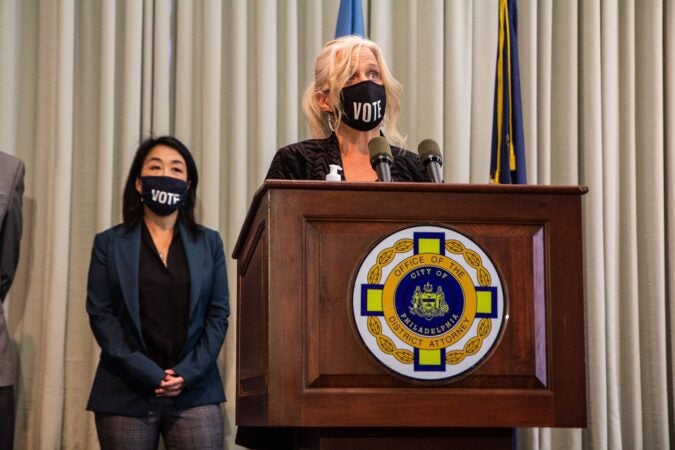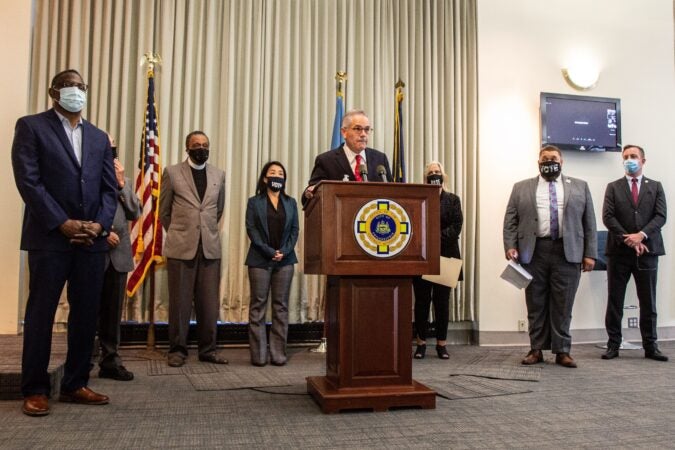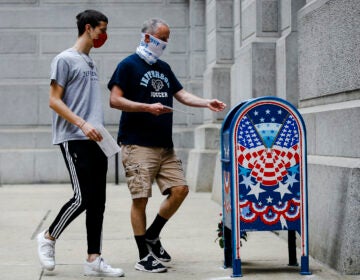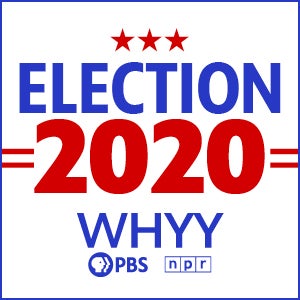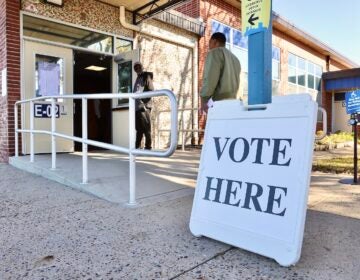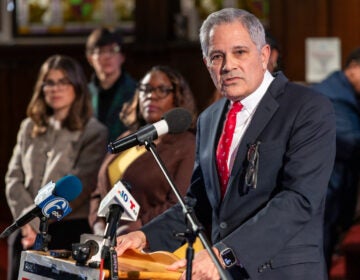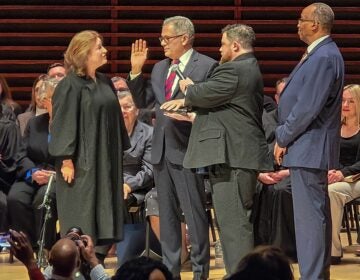Krasner says anyone who tries to intimidate Philly voters will ‘find themselves in jail’
Krasner didn’t detail specific threats at Philly for Election Day, but the DA’s task force is deploying a month early and ready to prosecute cases of voter intimidation.

Philadelphia District Attorney Larry Krasner said anyone who comes to the city to suppress the vote will end up on a jail cell. (Kimberly Paynter/WHYY)
Ask us: What do you want to know about voting and the 2020 election?
The Philadelphia District Attorney’s Office says its Election Day task force is assembling a month early and beefing up its ranks so it is ready to investigate and prosecute any cases of voter intimidation.
“Anyone who comes to the cradle of American Democracy to suppress the vote, and violates the law and commits crimes, is going to find themselves in a jail cell talking to a Philadelphia jury,” said District Attorney Larry Krasner during a press conference Wednesday aimed at reassuring the public there will be a free and fair election between now and Nov. 3.
The DA’s Office would typically have at least 50 prosecutors and detectives as part of the task force making sure no improprieties take place on Election Day. But with voting already underway in the commonwealth and satellite locations open for voter registration and submitting mail-in ballots, the task force is not taking any chances and keeping a prosecutor on call “every minute” those offices are open, according to Assistant District Attorney Andrew Wellbrock.
While Krasner did not detail any specific threats directed at Philadelphia for Election Day, a Georgetown Law scholar who was part of the announcement said if the anti-racism protests have been any indication, there’s reason to believe people would take it upon themselves to “protect against any type of rigged election.”
“We’ve seen unlawful militia groups in Pennsylvania, as well as other places across the country, self-activate and come down and show up during peaceful racial justice demonstrations often purporting to augment law enforcement, purporting to protect property to defend and protect the Constitution,” said Mary McCord, Legal Director at Georgetown’s Institute for Constitutional Advocacy and Protection.
Fueling concerns these groups might show up at the polls is the amount of disinformation about mail-in voting, added McCord, as well as conspiracy theories that any delay in tabulating votes might be a result of fraudulent activity.
“This is disinformation,” said McCord. “There’s no empirical information to support it, but it’s the kind of false rumors that cause groups like the unlawful militias to take it upon themselves to do something about it.”
Trump has falsely claimed voting irregularities have taken place in Luzerne County and Philadelphia.
In Luzerne County, a temporary worker in the elections office mistakenly threw out nine military ballots for Trump. An investigation determined there was no evidence of “intentional fraud,” but that hasn’t stopped the president from repeating his claims.
More recently, the president claimed the election officials incorrectly blocked poll watchers representing him from entering satellite elections offices. That claim has been proven false, too. These poll watchers need to be certified, which the Trump representatives weren’t, and Pennsylvania election officials say poll watchers don’t have the same rights at these satellite offices.
Trump has additionally encouraged his supporters to keep an eye out for election fraud, which has left some election officials across the country worried some people might take that message too far and intimidate voters at the polls.
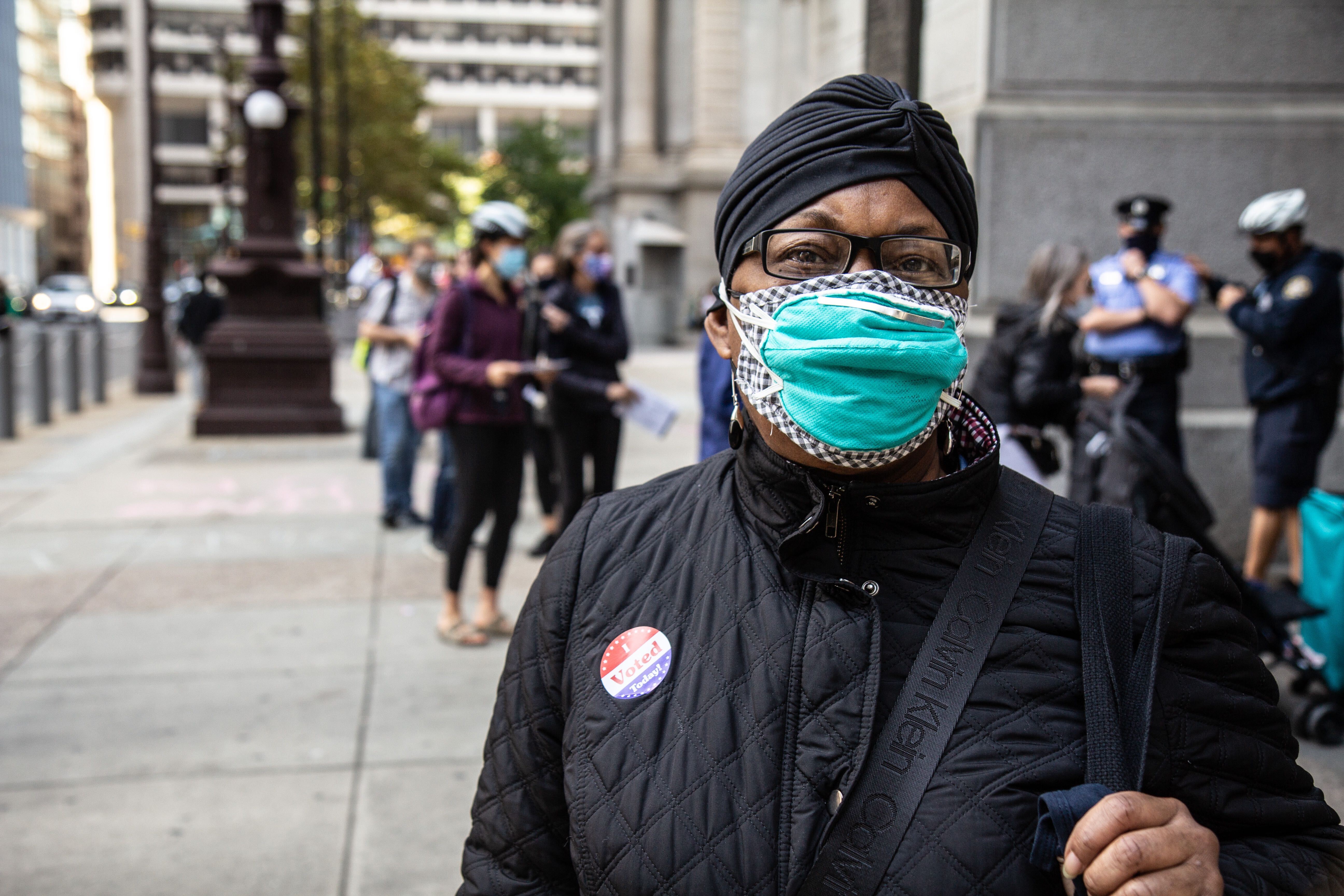
Should vigilante groups show up armed to the polls, as they have at some protests in Philadelphia and across the country recently, McCord said they have no authority under federal or state law to self-activate.
These groups tend to argue they’re allowed to gather, citing one line in the second amendment: “A well-regulated Militia, being necessary to the security of a free State, the right of the people to keep and bear Arms, shall not be infringed.” But in a 2008 landmark decision, the U.S. Supreme Court clarified that right applies to individuals and their right to bear arms, explained McCord, and a state’s ability to organize militias.
Pennsylvania’s constitution additionally makes it so any military has to answer to the governor, which these paramilitary groups don’t.
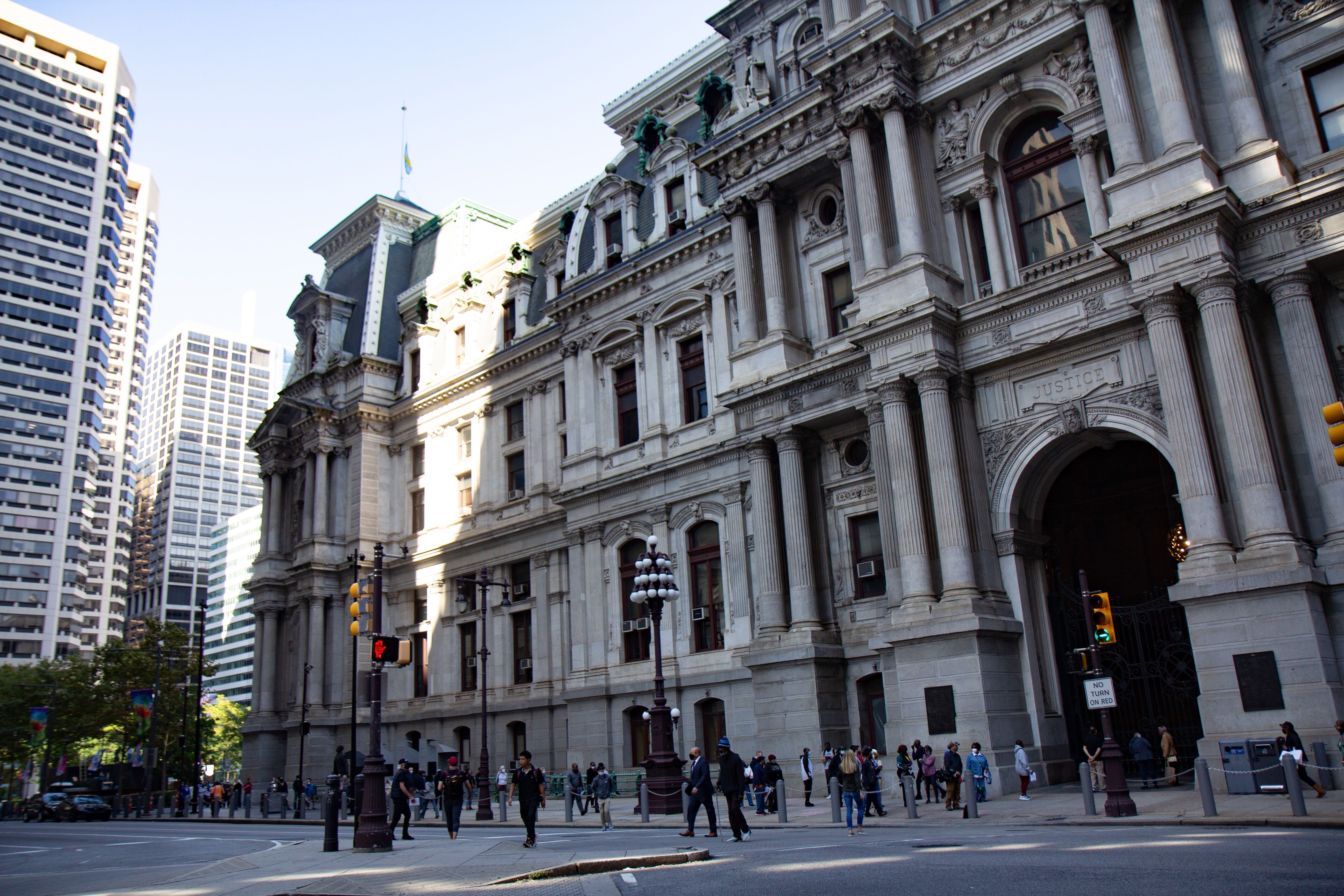
Wellbrock reminded the public that blocking the door or even attempting to block the door of a polling place is a third-degree felony, which can carry up to seven years in jail. The same applies to anyone who tries to “intimidate, threaten, or use violence” with the design to influence or restrain a voter’s freedom of choice, he said.
Anyone who sees voter intimidation is encouraged to call the DAO task force at 215-686-9641. There’s also a national election protection hotline at 1-866-OUR-VOTE.
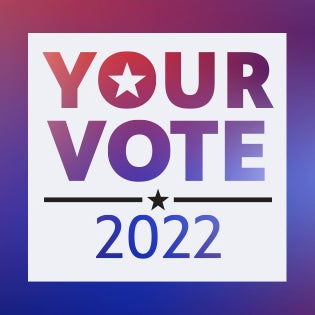
Your go-to election coverage
WHYY is your source for fact-based, in-depth journalism and information. As a nonprofit organization, we rely on financial support from readers like you. Please give today.


